Attending the meeting were Mr. Tran Luu Quang, Secretary of the Party Central Committee, Secretary of the Ho Chi Minh City Party Committee; Associate Professor, Dr. Vu Hai Quan, Member of the Party Central Committee, Permanent Deputy Minister of Science and Technology ; Mr. Nguyen Van Duoc, Member of the Party Central Committee, Deputy Secretary of the City Party Committee, Chairman of the Ho Chi Minh City People's Committee; Ms. Tran Thi Dieu Thuy, Member of the City Party Committee, Vice Chairman of the Ho Chi Minh City People's Committee and leaders of the City's departments, branches and sectors. Notably, the meeting was attended by more than 70 leaders of universities and academies in the City.
The meeting was not only an opportunity for Ho Chi Minh City leaders to express their gratitude to the teaching staff, but also a channel to listen to and respond to the recommendations and proposals of the principals in planning local development policies.
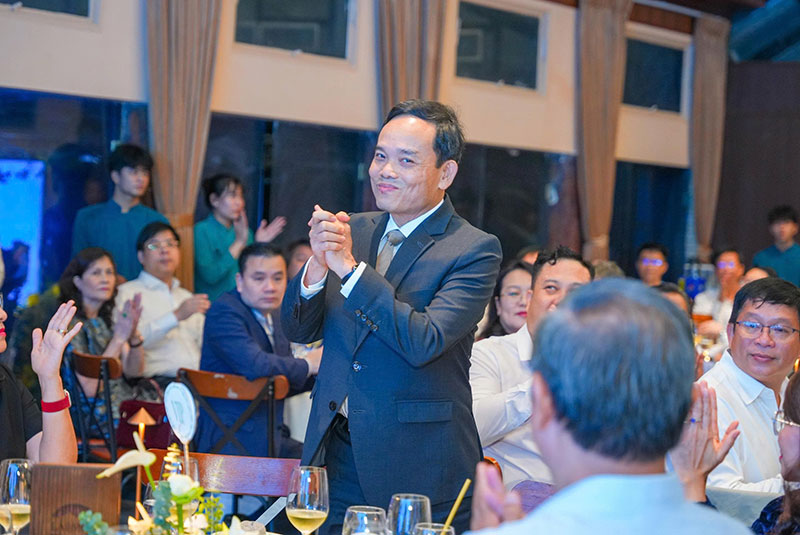
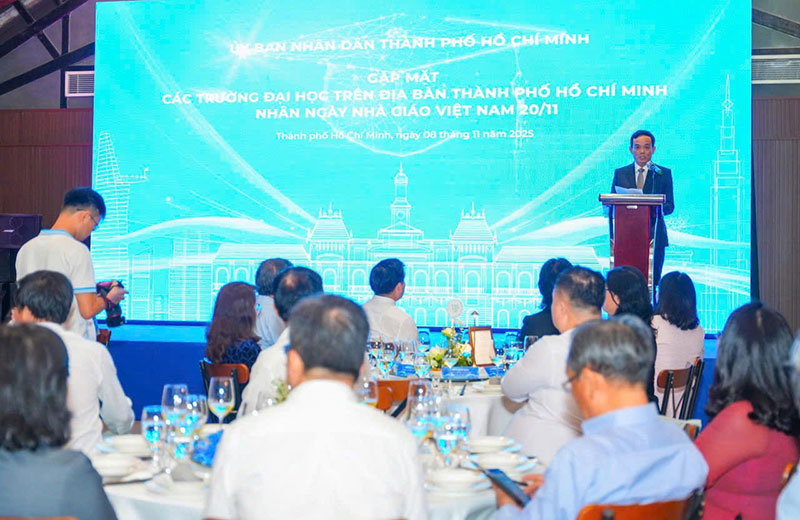
Secretary of the Ho Chi Minh City Party Committee Tran Luu Quang directly answered each question and issue raised by university leaders.
In the discussion and proposal section, Associate Professor Dr. Hoang Cong Gia Khanh - Rector of the University of Economics and Law (UEL), Ho Chi Minh City National University - shared about the journey of cooperation between the school and the City in managing and developing public assets. He commented that the policy of the Central Government and the City on transferring public assets after restructuring the apparatus to educational and medical units is very correct and very timely. The important issue now is how to make the transfer achieve the goals, effectively and transparently. To do so, it is necessary to specify the principles, criteria and conditions of transfer - including general principles, conditions and specific criteria for each specific case (case by case). In addition, resolving legal problems of these assets is also a key issue. UEL has been trusted by the City, assigned to coordinate with the Department of Finance to implement the Project "Management, exploitation and use of public assets", which has been completed and put into practical application. In the context of Ho Chi Minh City's expansion, UEL supports the policy of transferring surplus public assets after restructuring the apparatus to educational and medical units. At the same time, UEL is ready to continue research to perfect the set of principles, criteria and conditions for transfer.
Associate Professor Dr. Nguyen Huu Huy Nhut, Vice Principal in charge of Hoa Sen University, emphasized that after administrative expansion, Ho Chi Minh City needs to consider the marine economy as a new growth driver, moving towards a green and knowledge-based economy. After decades of relying on industry, services and urbanization, the City is now opening up a new growth horizon: the marine economy. Developing the marine economy is not only about exploiting geographical advantages, but it is also a vision of transforming the growth model, moving towards a green economy, a circular economy and a knowledge-based economy - where the sea is not only a resource, but also a space for sustainable development. Hoa Sen University proposed that the City should focus on three pillars: (i) Developing modern ports - logistics - maritime services; (ii) Developing coastal urban areas and blue marine tourism economy; (iii) Building a research and innovation center for the marine economy. Hoa Sen University expressed its desire to receive orders from the City for human resource training and research to realize this vision.
Dr. Le Mai Lan, Vice President of Vingroup, Chairman of the Board of VinUni University, shared about the journey of Vingroup and VinUni in the green transformation process of Ho Chi Minh City, including coordinating with HIDS to develop a comprehensive Green Transformation Project, to green transformation of transport infrastructure, energy, and data science. According to the latest research, Ho Chi Minh City emits about 35-40 million tons of CO₂ equivalent each year, of which: Industry and energy account for about 40%, Transport - logistics account for about 25%, Urban infrastructure, commerce and living account for nearly 30%. If no early action is taken, damage caused by pollution, flooding and inefficient energy could cause the City to lose up to about 3% of GRDP each year by 2050. VinUni proposed three strategic recommendations: (i) Establishing a Steering Committee and Green Transformation Fund for Ho Chi Minh City; (ii) Launching the Comprehensive Electrification and Circularization Program for the period 2025–2030; (iii) Issuing the Ho Chi Minh City Green Index and Data Strategy. VinUni and Vingroup commit to continue accompanying the City in the green transformation and digital transformation process, from policy consulting to technology investment.
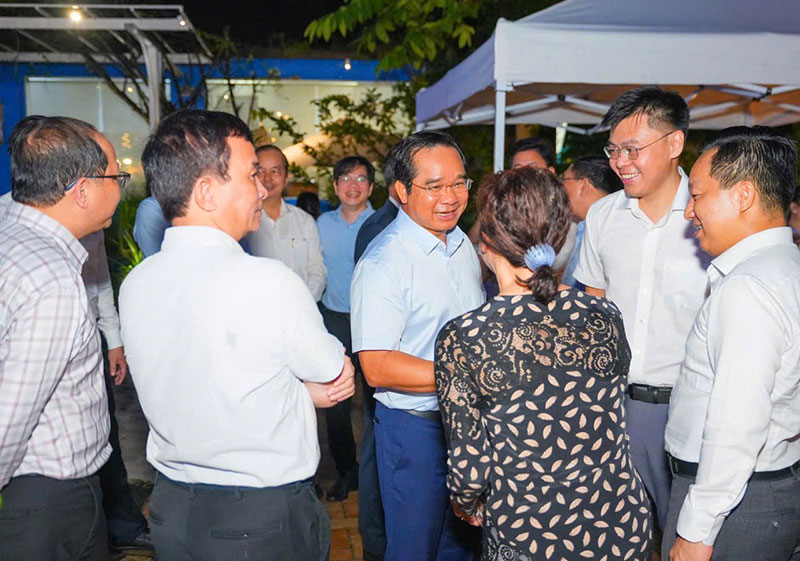
The University of Sydney Vietnam Institute (SVI) is a multidisciplinary research institute invested and established in Vietnam by the University of Sydney, Australia, focusing on the fields of health, technology, culture, and agriculture, with the goal of serving the community and contributing to sustainable development. Prof. Dr. Nguyen Thu Anh, Director of SVI, has 3 proposals for the City: (i) Applying digital technology, AI, smart devices and big data to personalize diagnosis and treatment, aiming to become a high-quality medical center in the region and eliminate geographical distances; (ii) Developing preferential policies to form a center for research and production of biotechnology, attracting investment and human resources for high technologies in health such as cell therapy, gene editing, precision medicine, applying AI/ML to shorten the time to develop new drugs and treatments; (iii) Take advantage of natural resources and Vietnamese culinary strengths to produce clean functional foods, meeting global trends in health and nutrition. In addition, SVI also hopes that the City will guide procedures for SVI to be considered for tax exemption and create favorable conditions for procedures to receive international aid, in order to help SVI carry out research activities to serve the community and contribute to the sustainable development of the City.
Prof. Dr. Huynh Van Son, Rector of Ho Chi Minh City University of Education, presented a group of proposals to develop culture - education, mental health and community development for Ho Chi Minh City. He emphasized the digitization of scientific data of universities; exploiting intellectual power, and testing the model of ordering research and directly assigning research to City scientists to shorten administrative processes. In addition, Prof. Son proposed many specific programs in the fields of: (i) Culture and education; (ii) Mental health care, community development and social security; (iii) Preservation, returning to the source - tradition in Con Dao of Ho Chi Minh City.
Representing the City leadership, Secretary of the City Party Committee Tran Luu Quang also had an exchange in response to proposals and recommendations from schools:
The city has a policy of utilizing surplus land and headquarters for education and health development, with specific proposals from universities such as the University of Medicine and Pharmacy, Vietnam-Germany University, University of Economics, and Vietnam National University. The city will also prioritize creating green spaces for residents.
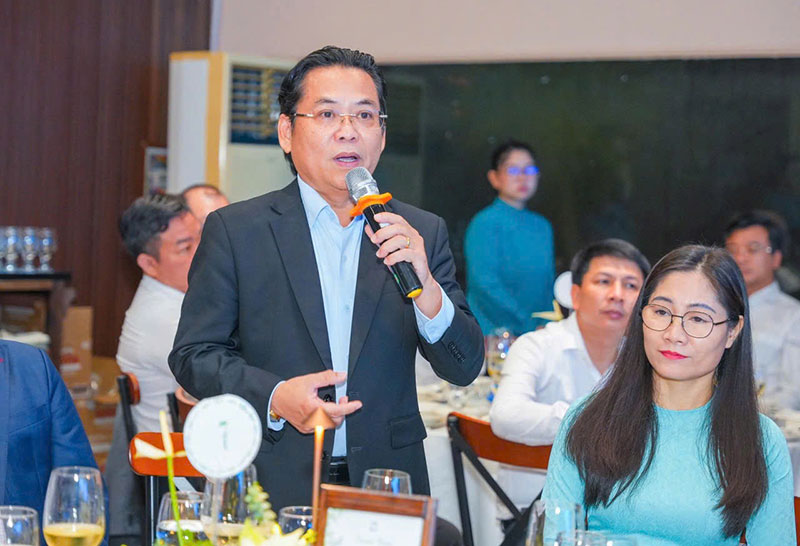
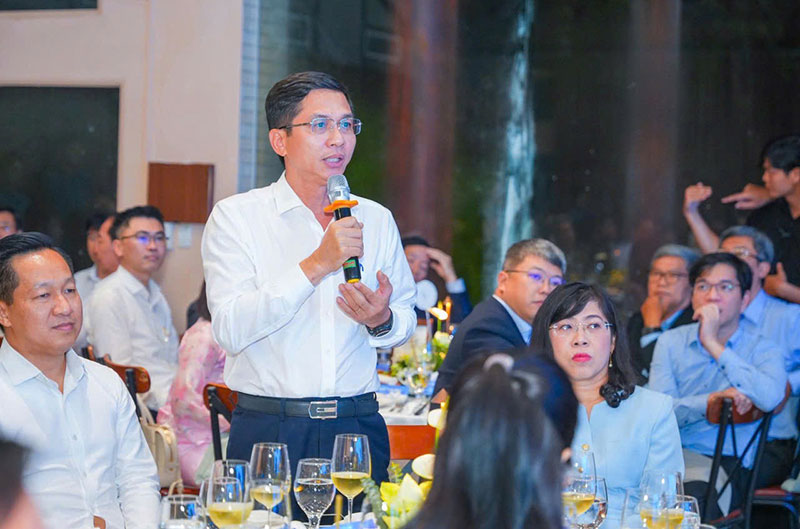
The city acknowledges initiatives and recommendations from schools for the socio-economic goals of Ho Chi Minh City, including human resource training programs for pilot programs, Green transformation programs for Ho Chi Minh City focusing on Can Gio and Con Dao, and international cooperation initiatives on health. The city is planning to establish a Steering Committee for Ho Chi Minh City development, in which Green transformation can be a sub-committee. The city is also calculating proposals to accelerate green transformation in priority areas. Regarding waste treatment, Ho Chi Minh City will initially develop waste-to-energy and recycle certain types of waste.
Regarding Con Dao, the City will prioritize building Con Dao into a green zone, gradually switching to using electric vehicles, and encourage schools to bring students here at least once to learn about history and ideals of life. Ho Chi Minh City is committed to creating all favorable conditions for universities to develop to the maximum, to promote the effectiveness of the "school - institute - government" model.
In his concluding remarks, Secretary Tran Luu Quang said that in the near future, Ho Chi Minh City will have changes, especially changes in the way of doing things and approaches to difficult tasks, because doing things the old way is difficult to solve. "We encourage everyone to be braver," he said, and commented that the current system has changed a lot, if we can take advantage of it, there will be more conditions for Ho Chi Minh City to develop. The head of the Ho Chi Minh City Party Committee hopes to listen to more comments from experts and scientists, and assigned the Ho Chi Minh City Institute for Development Studies to be the focal point for receiving information, classifying, advising and making recommendations.
Source: https://cand.com.vn/giao-duc/bi-thu-thanh-uy-tran-luu-quang-gap-go-tra-loi-tung-van-de-lanh-dao-cac-truong-dai-hoc-neu-ra-i787609/







![[Photo] Prime Minister Pham Minh Chinh receives Lao Minister of Labor and Welfare Phosay Sayasone](https://vphoto.vietnam.vn/thumb/1200x675/vietnam/resource/IMAGE/2025/11/11/1762872028311_dsc-2246-jpg.webp)
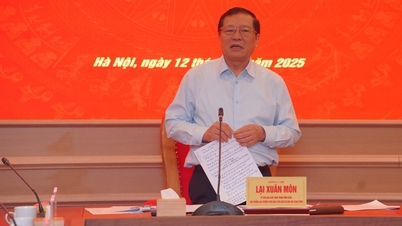



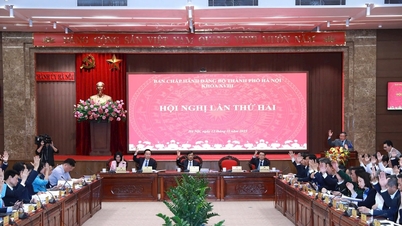




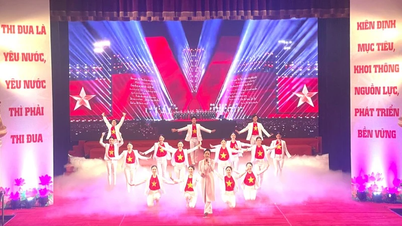





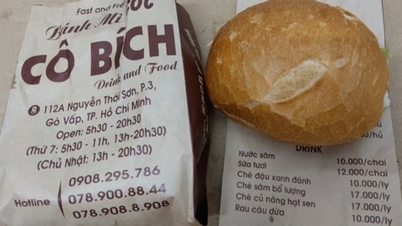
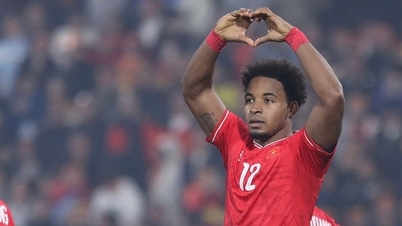
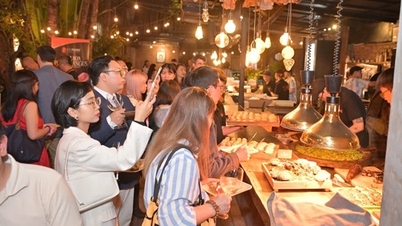
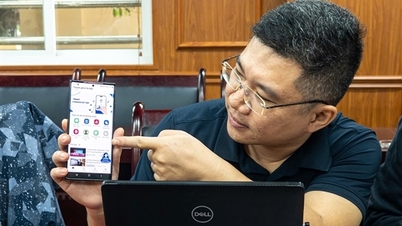
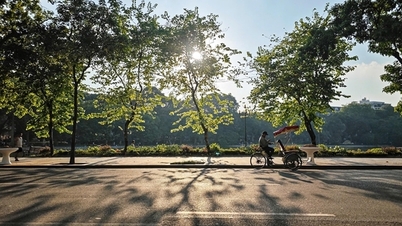


























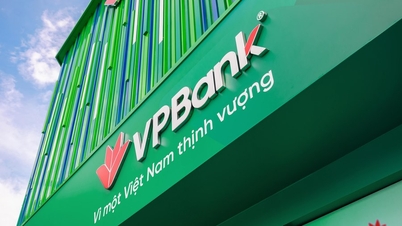

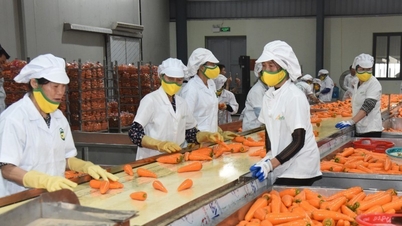
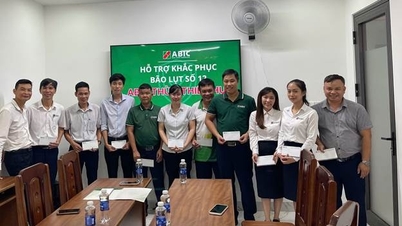







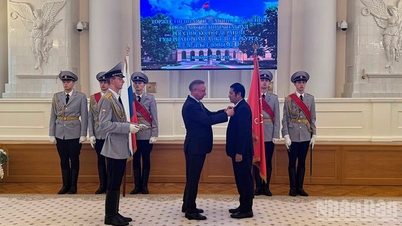


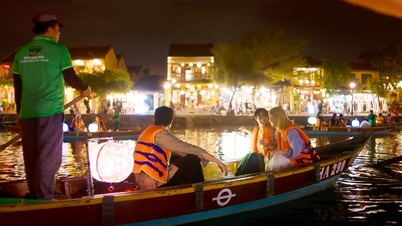

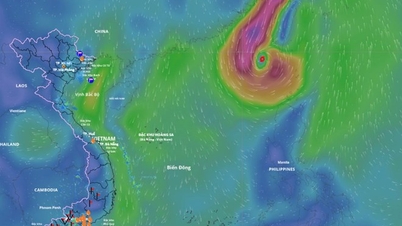

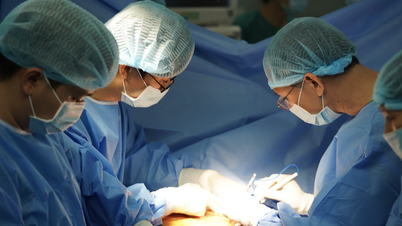




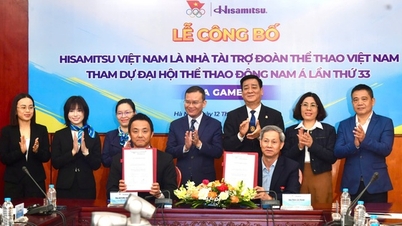

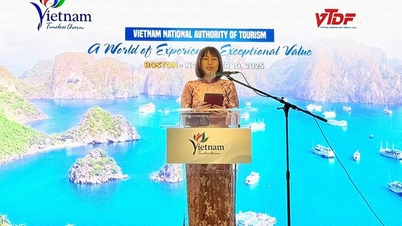

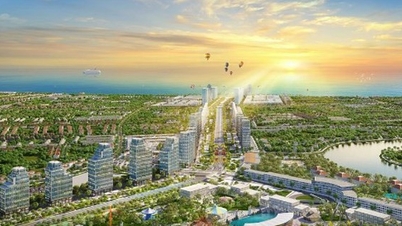

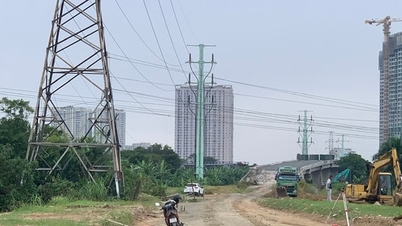

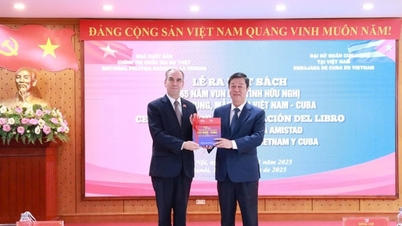
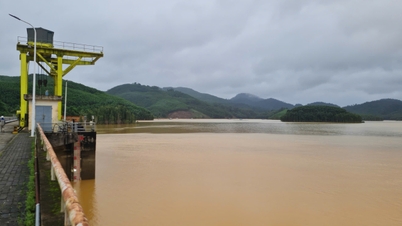

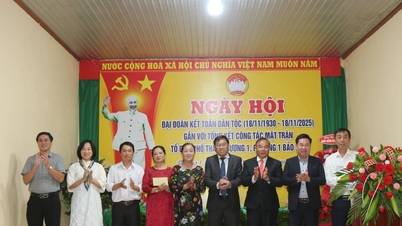

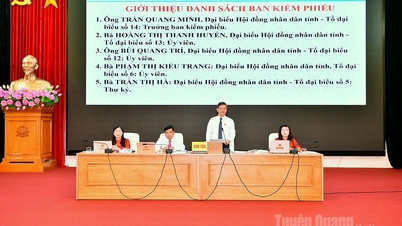

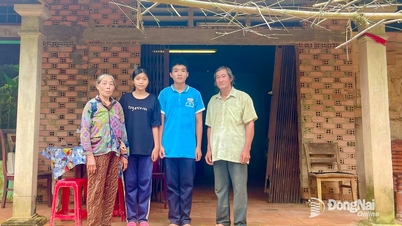






![Dong Nai OCOP transition: [Article 3] Linking tourism with OCOP product consumption](https://vphoto.vietnam.vn/thumb/402x226/vietnam/resource/IMAGE/2025/11/10/1762739199309_1324-2740-7_n-162543_981.jpeg)





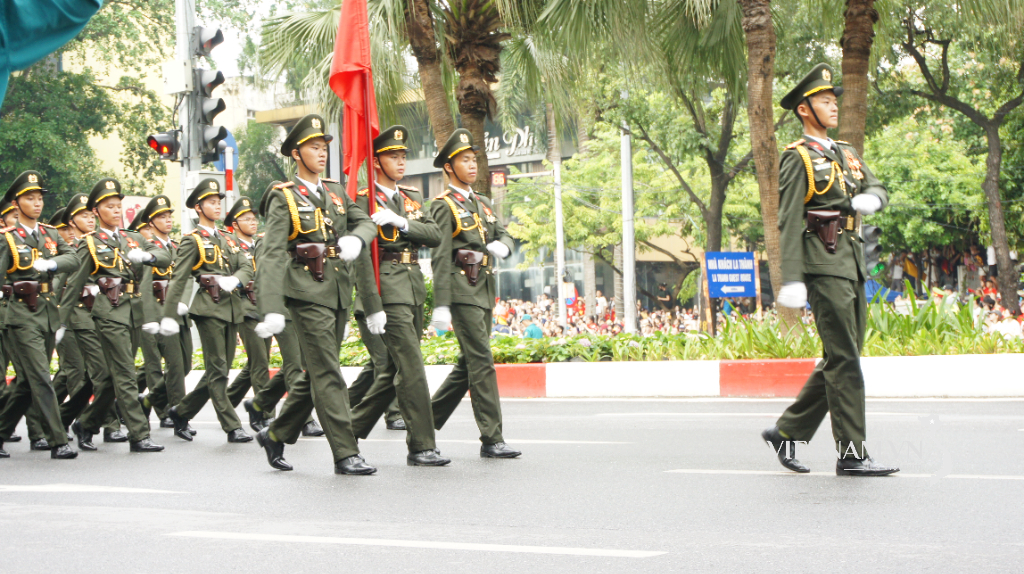
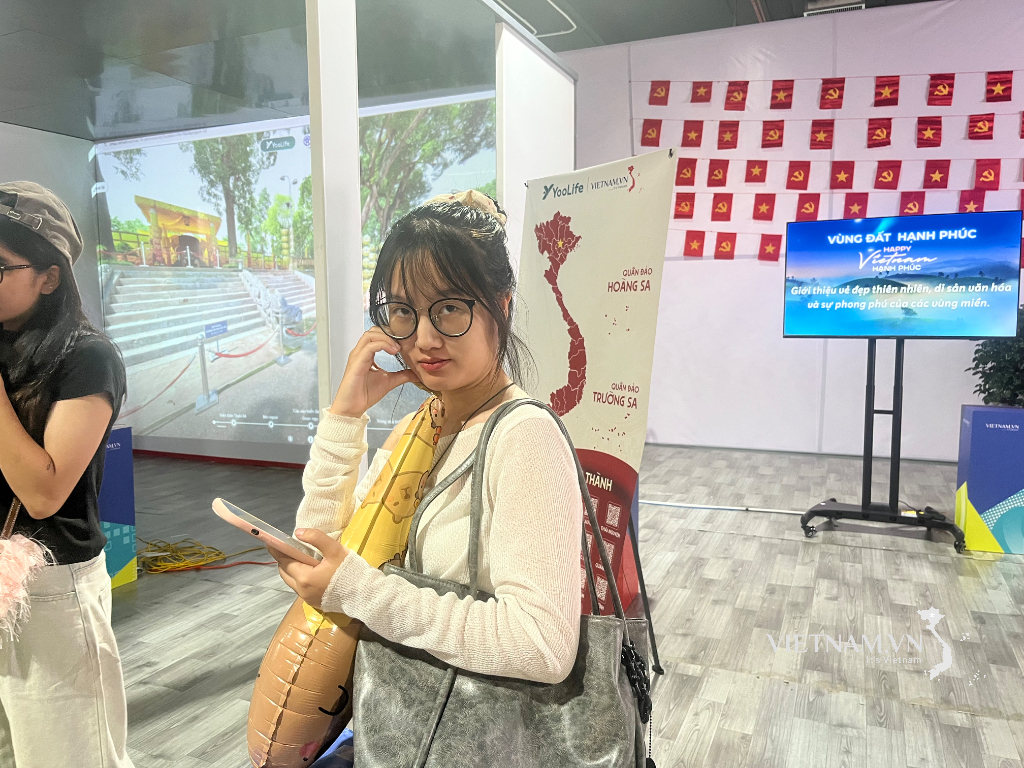
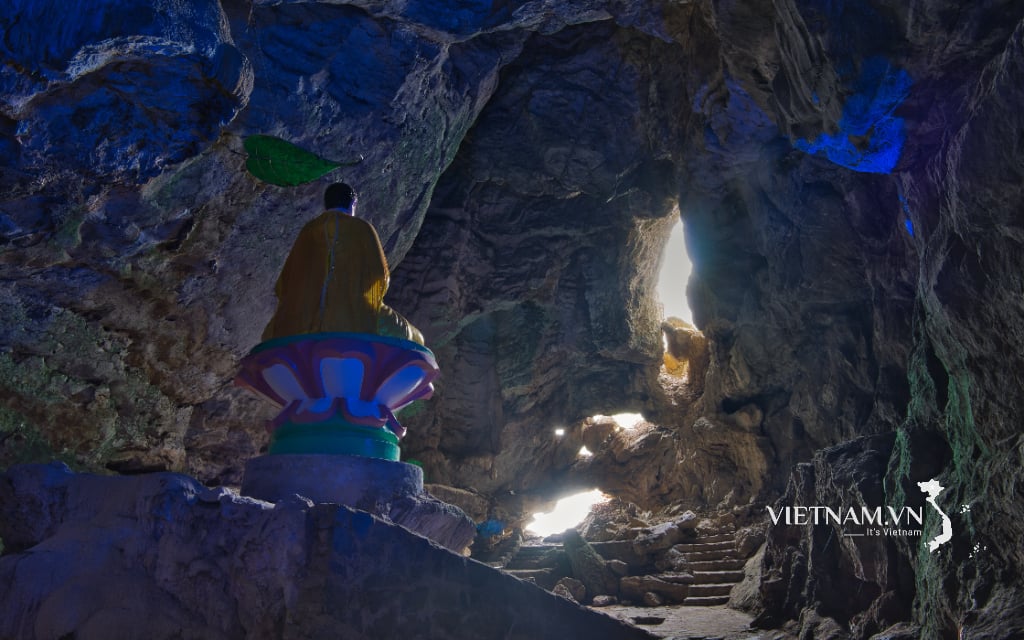
Comment (0)